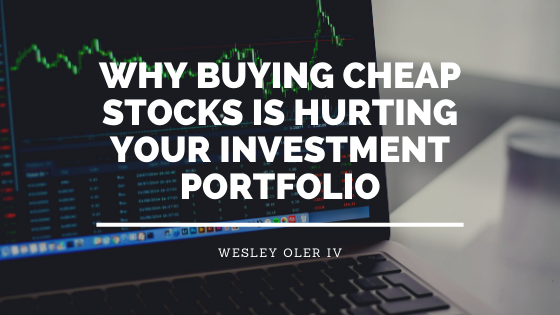When it comes to investing in the stock market, most people believe that they should only stick to what they can afford at the time. It can be easy to see an expensive Apple or Amazon stock and be intimidated by the price. This intimidation often leads people to invest in cheap stocks, but what they don’t know is that those cheap stocks can be hurting them, no matter how many they have.
Affordable May Also Mean Low-Quality
When a stock is accessible, it doesn’t mean that the company is somehow in trouble or produces awful products/services; it merely means that investors are not too excited about its future. This should tell you that the stock won’t likely grow throughout the next few months or even years.
You could be sitting on the same value or, worse, lose money. This doesn’t mean all low-cost stocks are going to be duds; therefore, it is imperative to research the length the stock has been at its current price.
High Volatility
Perhaps the most common thing that low-cost stocks have with each other is that they have high volatility. High volatility signifies the price of a stock has a history of changing dramatically. The cause of high volatility is either by a shift in the company’s management or by savvy traders who know how to use high volatility. If you’re not a seasoned veteran in trading stocks, you could see significant losses chasing after these types of stocks.
The Right Approach
Now that you’ve learned about the risk of purchasing low-cost stocks, it is time to refocus on the stocks that can potentially provide you with a return. This might not be the most exciting or glamourous route, but researching a quality stock is necessary. Looking at their track record is a great way to place a confident investment in them and potentially see a good return. Once you’ve done your research, a high-quality stock can be allowed to sit within your portfolio for years. During those years, the value of the stock will be providing you with dividends as it grows. This also allows you to not worry so much about when you should sell or buy.
Disclaimer: This article is meant strictly for informational purposes. Not intended as financial or investment advice. Do not misuse or misconstrue the information in this article. Seek advice from your personal financial advisor on matters pertaining to investments/finances.
